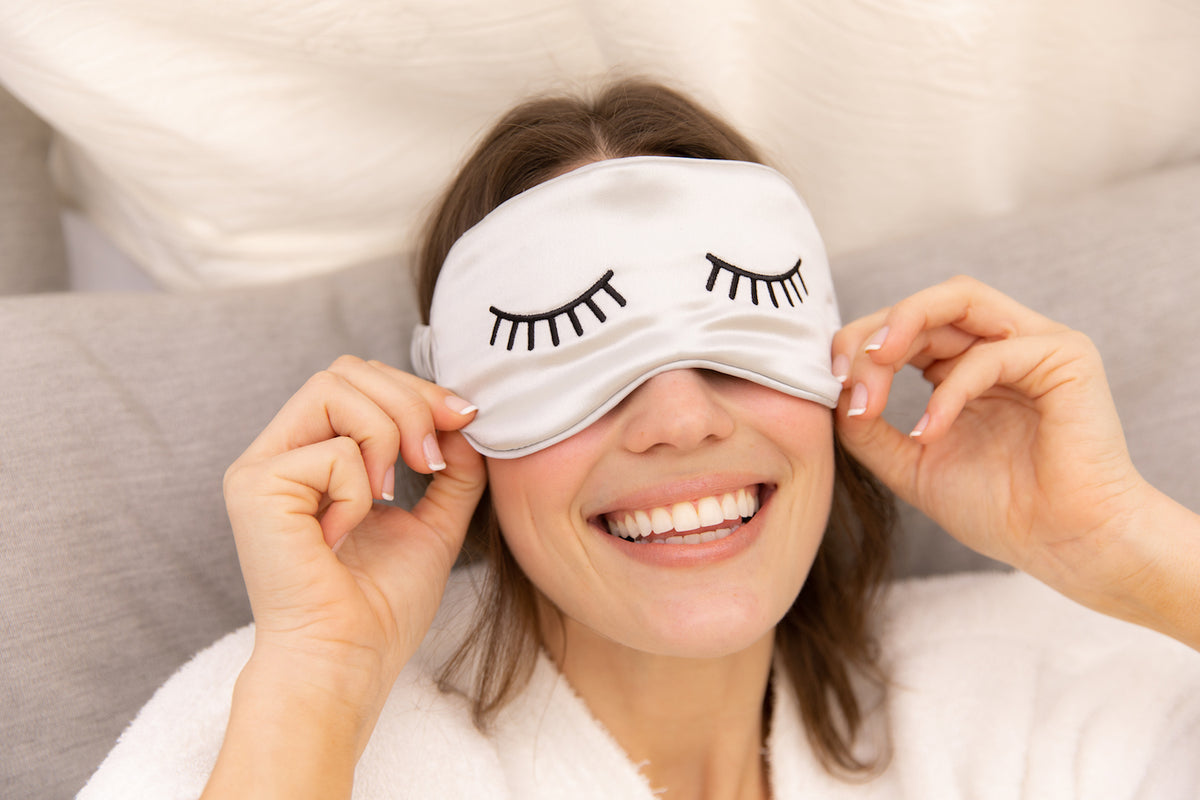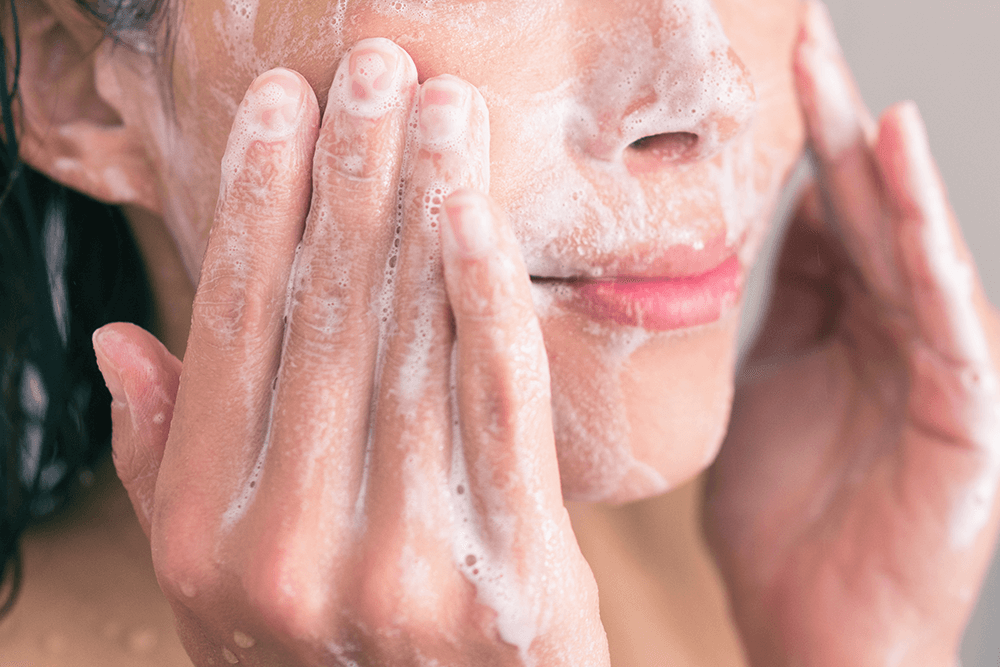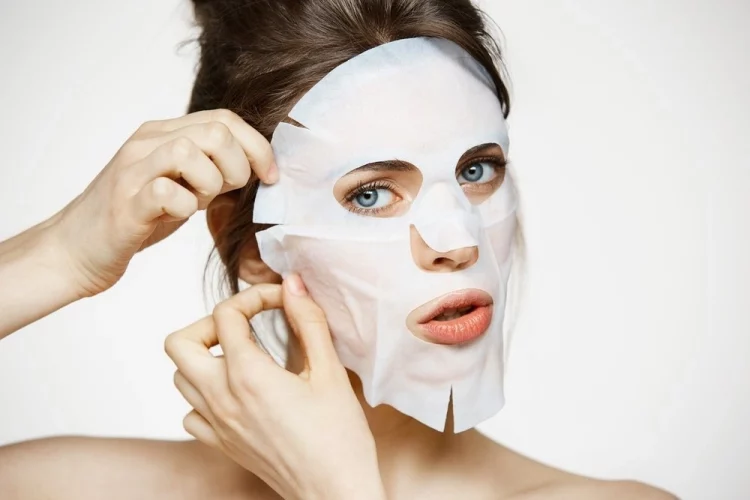In a world that thrives on productivity, it can be easy to dismiss sleep as a luxury or something that can be “caught up on later.” But when it comes to skin health, sleep isn’t just a passive activity—it’s an essential part of the body’s rejuvenation process. If you’ve ever wondered whether sleeping enough is the secret to glowing, radiant skin, you’re not alone. The connection between sleep and skin health is a topic that has garnered increasing attention from dermatologists, beauty experts, and sleep scientists alike.
But is it true? Can sleep really make or break your complexion? Let’s dive deeper into this age-old question and explore the science, myths, and skincare strategies that tie together sleep and glowing skin.
The Science of Sleep and Skin Renewal
Sleep is not merely about rest; it is a time for repair, growth, and rejuvenation. While we rest, our bodies engage in a range of processes that work to restore and maintain skin health. Here’s how:
1. Cellular Repair and Regeneration
During deep sleep, the body produces a hormone called growth hormone (GH). This hormone plays a pivotal role in the repair of damaged skin cells, the synthesis of collagen (the protein responsible for skin elasticity), and the overall regeneration of tissues. This process is most active during the deep stages of sleep, typically between 10 p.m. and 2 a.m., which is why getting adequate sleep during these hours is crucial.
As your body rests, it also works on repairing oxidative damage caused by UV rays, pollution, and other environmental stressors. This repair process helps minimize wrinkles, fine lines, and pigmentation, which are common signs of aging and skin damage.
2. Skin Barrier Function and Hydration
The skin is our body’s first line of defense against the outside world, and its barrier function is critical for maintaining hydration and protecting against harmful bacteria. A lack of sleep can weaken this barrier, leading to moisture loss, dryness, and irritation. When you’re well-rested, your skin is more efficient at maintaining its hydration levels and protecting itself from external aggressors.

3. Reduced Inflammation
Sleep is also essential for reducing inflammation in the body, including in the skin. Chronic sleep deprivation can lead to heightened levels of inflammation, which may result in flare-ups of conditions like acne, eczema, and psoriasis. Restorative sleep helps keep inflammation in check, allowing the skin to stay calm, clear, and balanced.
How Much Sleep Do You Actually Need for Glowing Skin?
While sleep is essential for skin health, the quality and quantity of sleep you get matters. The general recommendation for adults is to get between 7 to 9 hours of sleep each night. However, this can vary depending on individual factors like age, lifestyle, and overall health.
Here’s a quick breakdown:
- Teens (14-17 years): 8-10 hours
- Young Adults (18-25 years): 7-9 hours
- Adults (26-64 years): 7-9 hours
- Older Adults (65+ years): 7-8 hours
But it’s not just about quantity—quality matters, too. Sleep cycles, which include deep (slow-wave) sleep and REM sleep, are where your body undergoes the most significant repair processes. If your sleep is fragmented or restless, your skin may not get the full benefits of these restorative processes.
The Link Between Sleep Deprivation and Skin Issues
It’s easy to dismiss a few late nights as insignificant, but consistent sleep deprivation can take a noticeable toll on your skin. Some of the most common skin issues linked to poor sleep include:
1. Dull Complexion
Without enough sleep, your skin’s natural ability to regenerate slows down, leading to a lackluster, dull complexion. When you’re well-rested, your skin’s natural glow shines through as new skin cells are produced and old, dead skin cells are shed.
2. Dark Circles and Puffy Eyes
One of the most noticeable effects of insufficient sleep is the appearance of dark circles and puffiness under the eyes. This is primarily due to poor circulation and the accumulation of fluid under the skin. Lack of sleep can also contribute to the thinning of skin, which makes blood vessels more visible, resulting in a darkened appearance.
3. Acne and Breakouts
When you don’t get enough sleep, the body’s cortisol levels rise. Cortisol, often referred to as the “stress hormone,” can stimulate the sebaceous glands to produce more oil, leading to clogged pores and acne breakouts. In addition, sleep deprivation weakens the immune system, which makes it harder for your body to fight off bacterial infections that can contribute to acne.
4. Wrinkles and Fine Lines
Chronic sleep deprivation can accelerate the breakdown of collagen and elastin, which are responsible for the skin’s firmness and elasticity. As these proteins degrade, your skin becomes more prone to wrinkles and sagging. Over time, this can contribute to the formation of fine lines around the eyes, mouth, and forehead.
Sleep, Stress, and Skin Health
One of the most significant ways in which sleep and skin are connected is through the relationship between stress, sleep, and inflammation. Stress can disrupt sleep patterns, and lack of sleep can amplify stress. The body’s response to stress includes the release of cortisol, which, as mentioned, increases oil production and inflammation. This creates a vicious cycle where poor sleep and high stress lead to skin issues like acne, rosacea, and eczema.
Interestingly, sleep itself can help break this cycle. During restorative sleep, the body’s stress hormone levels naturally decrease, promoting skin healing and reducing the risk of inflammation.

Can Sleep Alone Give You Glowing Skin?
While sleep plays a fundamental role in maintaining skin health, it’s not the only factor that contributes to a glowing complexion. Here are a few additional tips to maximize the benefits of sleep for your skin:
1. Follow a Consistent Skincare Routine
A good skincare routine should complement the repair process that happens during sleep. Look for products that contain antioxidants, hyaluronic acid, and retinoids to support collagen production, boost hydration, and reduce fine lines.
2. Stay Hydrated
Dehydration can hinder the skin’s ability to repair and renew itself during sleep. Make sure to drink plenty of water throughout the day to keep your skin hydrated. Consider using a humidifier in your bedroom to prevent your skin from drying out overnight.
3. Avoid Late-Night Eating
Eating large meals or consuming heavy, spicy foods late at night can disrupt sleep patterns and lead to inflammation. Try to avoid eating at least two hours before bedtime for a more restful sleep.
4. Use Silk Pillowcases
Silk pillowcases are gentler on the skin than cotton, reducing friction and preventing sleep wrinkles and hair breakage. They also help retain moisture in the skin, which is vital for maintaining hydration.
Conclusion: Is Sleeping Enough the Key to Glowing Skin?
Sleep is undeniably one of the most important pillars of healthy, glowing skin. From cellular repair and collagen production to maintaining hydration and reducing inflammation, sleep works behind the scenes to support skin health. However, it is not a cure-all. To truly achieve glowing skin, sleep should be part of a holistic skincare routine that includes hydration, a balanced diet, sun protection, and a consistent skincare regimen.
So, while getting enough sleep won’t instantly transform your skin overnight, it’s a vital part of the equation. Prioritize sleep, adopt a comprehensive skincare routine, and watch your skin radiate health and vitality.












































